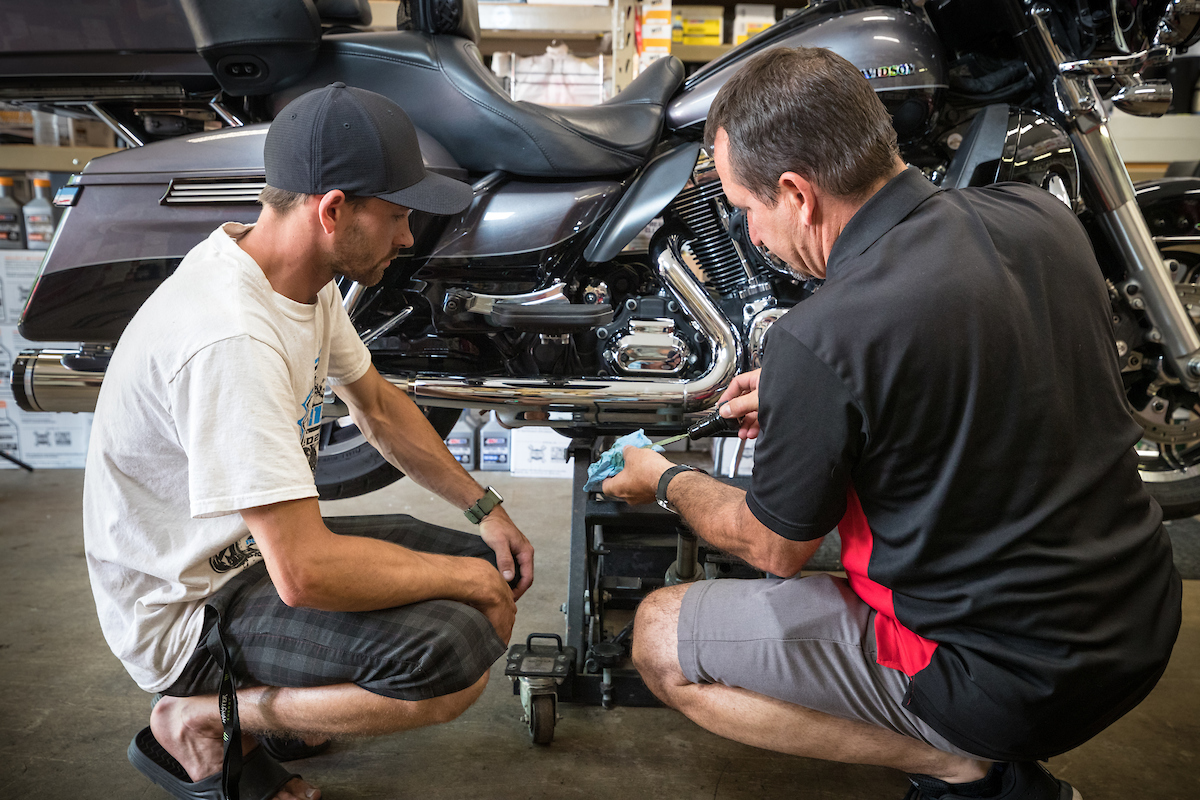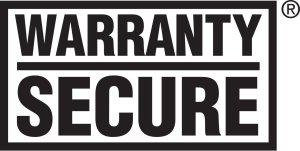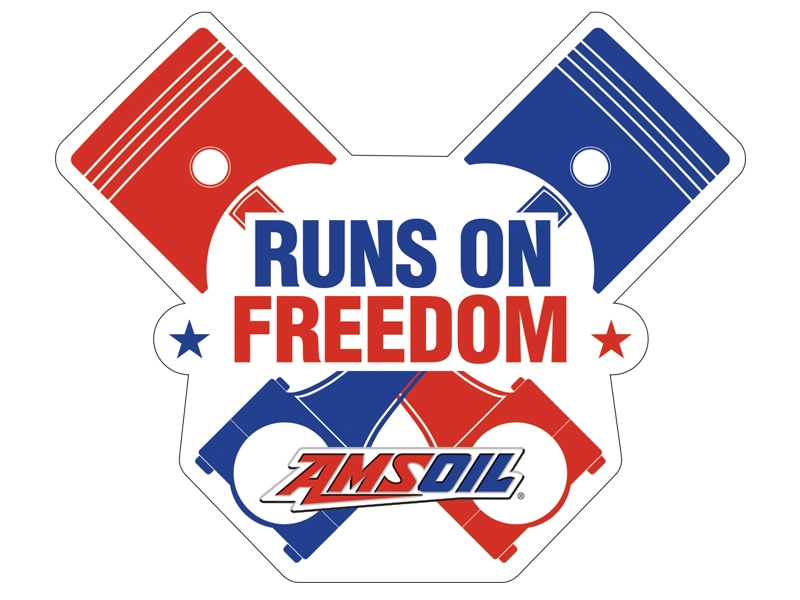Your Manufacturer’s Warranty is Secure and better protected with AMSOIL
AMSOIL lubricants maintain your factory vehicle and equipment warranties.
 _by David Hilgendorf October 24, 2022
_by David Hilgendorf October 24, 2022
According to the Federal Trade Commission, manufacturers or sellers may make promises to stand behind the products you purchase. Any warranty offered must be available to read before purchase, so be sure to understand the details of what is covered before you buy.
Vehicle and equipment warranties often cover the expensive costs of labor and parts necessary to fix certain product defects or malfunctions within a predetermined amount of time or usage. It is important to know that your manufacturer’s warranty is secure for peace of mind.
Whether investing a few thousand dollars in lawn equipment, tens of thousands on powersports vehicles that may only be used a few months out of the year, or buying a new car or truck for daily use, manufacturers know these are big investments. They put a lot of focus on warranties to build consumer confidence and want you to buy their brand of parts and lubricants instead of aftermarket products.
Feeling pressured to use their products?
Some original equipment manufacturers (OEMs) falsely claim that you must use their brand of parts and lubricants or risk voiding your factory warranty. OEMs may even attempt to make you feel like they control what you can do with your vehicles. This is one of the biggest hurdles faced when recommending AMSOIL.
Thankfully, in America, the Magnuson Moss Warranty Act [15 USC Ch. 50 §2302(c)] protects your freedom to choose any brand of aftermarket parts and lubricants and your right to extend oil-change intervals beyond what is recommended in your owner’s manual, without voiding your warranty. Similar protections are available in Canada.
U.S. Federal law Protects you
Here are key points to remember for maintaining your factory warranty:
- It is illegal to tie warranty coverage to the brand of parts or lubricants you use unless the manufacturer provides the parts or lubricants free of charge.
- You have freedom to choose how to protect your vehicles and equipment, including extending recommended drain intervals.
- Manufacturers can’t deny warranty coverage without proving an aftermarket part or lubricant caused a failure.
If anyone tries to tell you differently, contact the FTC at ftc.gov/complaint.
Tips to avoid warranty issues
No one wants to file a warranty claim. It’s a hassle and can take months to resolve. Here are a few tips to help smooth the process should you ever need to use your factory warranty.
- Read your warranty. Familiarizing yourself with what is and is not covered is worth your time.
- Period of coverage. If your vehicle or equipment acts up, have it looked at before the end of the warranty term.
- Service records and receipts. No matter who performs the service, providing proof that you maintained your vehicle removes the easiest way for manufacturers to shirk responsibility.
- Speak up. If you think a service adviser denied your warranty claim unfairly, ask to speak with a supervisor. If the dealer does not resolve the issue, try another dealer, or contact the manufacturer. If you still aren’t getting results, contact your attorney general, local consumer protection office or the FTC.
- Avoid aftermarket warranties. Many are scams. If a dealership is selling one please check the BBB looking up the company first! I can bet there are a lot of angry customers! If you think it’s legit remember it’s a contract and NOT a warranty so be sure to have them add in that you are going to use AMSOIL on your terms.
Strong products, strong warranty
AMSOIL designs high-performance replacements for manufacturer-branded lubricants that keep your factory warranty intact.
AMSOIL developed Warranty Secure branding to simply and effectively reinforce your right to use AMSOIL synthetic lubricants. We use clear, direct language to remind consumers that the law is on their side and to dispel fears generated by misleading or false warranty claims from any manufacturer, dealer or mechanic.
Because this issue is more prevalent in the powersports market, the Warranty Secure icon appears on all our powersports products, including AMSOIL Synthetic V-Twin Motorcycle Oil and ATV/UTV oils.
AMSOIL also offers its own Limited Warranty, offering an extra measure of protection. While some oil companies guarantee their products only for a specified mileage, we stand behind our products for as long as you use them.
Runs on Freedom™ Snowmobile Warranty
Additionally, AMSOIL offers the revolutionary Runs on Freedom Snowmobile Warranty offering complete peace of mind. Simply use AMSOIL INTERCEPTOR Synthetic 2-Stroke Oil exclusively in your new sled and we’ll cover any engine repairs for up to two years or 5,000 miles (8,000 km). Read the terms and conditions and register your sled today!
No other aftermarket snowmobile lubricant manufacturer offers this robust of a warranty. We’re so confident in our products, we’ll cover any repair to your snowmobile engine in the unlikely event of an engine failure. This means AMSOIL may end up fixing defective OEM parts that fail for reasons unrelated to our oil, but we’re more concerned about protecting our customers and their machines.
As millions of satisfied AMSOIL customers know, using AMSOIL synthetic lubricants or practicing extended drain intervals does not void vehicle or equipment warranties.
AMSOIL stands behind its products and the people who use them. If the OEM claims use of AMSOIL products violates the warranty, contact AMSOIL Technical Services (715-399-8324) or visit amsoil.com/warrantysecure.






